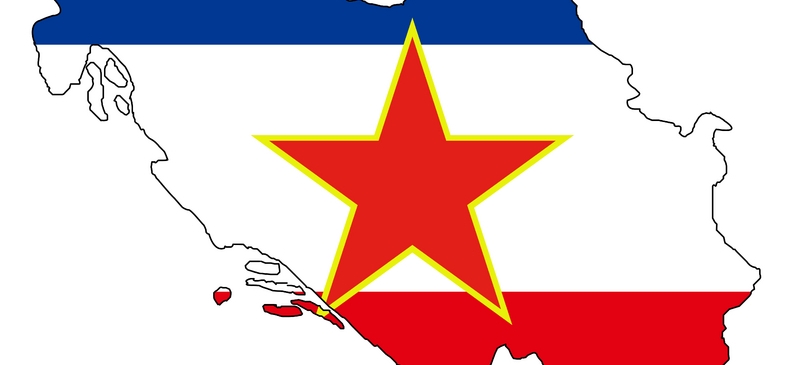
Serbia’s choice
Serbia faces a stark political choice this year: to make progress towards joining the EU and NATO, or to turn backwards towards bitter nationalism and a mentality of victimhood. Unfortunately, the Serbian government risks mishandling the crucial political challenges that face the country. If Serbia does turn away from Europe, the Balkan region is unlikely to suffer violence but will nonetheless pay a heavy price.
Serbia’s three challenges are: co-operation with the International Criminal Tribunal for the former Yugoslavia (ICTY), agreement on Kosovo’s final status and the break-up of the union with Montenegro. The last of these is the most straightforward. Montenegro voted for independence on May 21st and the divorce is proceeding relatively smoothly.
Serbia’s lack of co-operation with ICTY is a more serious problem, fouling Belgrade’s relationship with Brussels. The EU is right to insist on respect for ICTY, as a sign that Serbia is committed to the rule of law, and because the lack of cooperation hampers reconciliation across the region. Ratko Mladic, the former Bosnian Serb general indicted for war crimes by ICTY, is almost certainly at liberty in Serbia. Prime Minister Vojislav Kostunica has repeatedly promised to arrest him but has not done so. Commissioner Olli Rehn has therefore called off talks on a Serbia-EU association agreement. (NATO also rules out closer ties with Serbia until Mladic is arrested.)
On Kosovo there is a broad international consensus that the UN-administered province needs to move out of limbo and towards independence. UN special envoy Martti Ahtisaari and a core group of six countries (Britain, France, Germany, Italy, Russia and the US) are focusing on how an independent Kosovo could be governed to ensure that Kosovan Serbs and other minorities are well-treated and remain. The solution lies in a combination of decentralisation of powers to municipalities, constitutional safeguards, and a robust international civilian and military presence to monitor implementation of the settlement for some years.
In other words, Serbia is being asked to recognise officially what has been the case for five years – that it no longer governs Kosovo and will not do so again. In return, Serbia is being offered the chance to drive a tough bargain for those Serbs who remain in Kosovo and to press forward with its own ambition of joining the EU.
But Belgrade looks unlikely to seize this opportunity. The two leading democratic politicians, Kostunica and President Boris Tadic, have backed themselves into a negotiating position that cannot form the basis of a settlement. They are offering Kosovo “more than autonomy, less than independence”, with separate institutions for the Serbian minority that would look to Belgrade, not Pristina. Their argument that Serbia should retain some sovereignty over Kosovo ignores the fact that 90 per cent of Kosovans want independence.
With some self-pity, Serbia’s leaders argue that they must hang on to the semblance of ruling Kosovo, lest they are unable to reign in the ultra-nationalist Radicals. But a better strategy for Belgrade would be to blame former leader Slobodan Milosevic for the loss of Kosovo. Then the government should focus on the importance of securing proper safeguards for the Kosovan Serbs, and on what Serbia itself could gain through integration with the EU.
The Serbian government may hope that the status process can be dragged out beyond the elections due next year. With the Radicals currently gaining popularity, it may assume that EU leaders will panic and lose their nerve on either ICTY or Kosovo. That would be a dangerous miscalculation. The more likely scenario is that growing frustration within Kosovo over the lack of progress towards independence will push the outside world to conclude that the most dangerous option would be to let Kosovo fester. Nor is the EU likely to waver over ICTY, an issue that puts its credibility, and that of the whole enlargement process, at stake.
Serbia will therefore have to choose between digging in, and seeing its prospects of moving closer to the EU and NATO fade, or arresting Mladic and working with the international community on Kosovo. The second path would require Serbia’s leaders to find the political courage to redefine Serbian national interests in a democratic and pro-European way. Both Kostunica and Tadic showed great personal bravery in opposing the Milosevic regime. Now they must overcome the ghostly remnants of Milosevic’s influence, and that of other extremists, on Serbian politics. Kostunica and Tadic should focus on issues that the polls show matter most to ordinary Serbs – jobs, public services and the right to travel freely in the EU.
Angela Heath is an independent expert on the Balkans.
